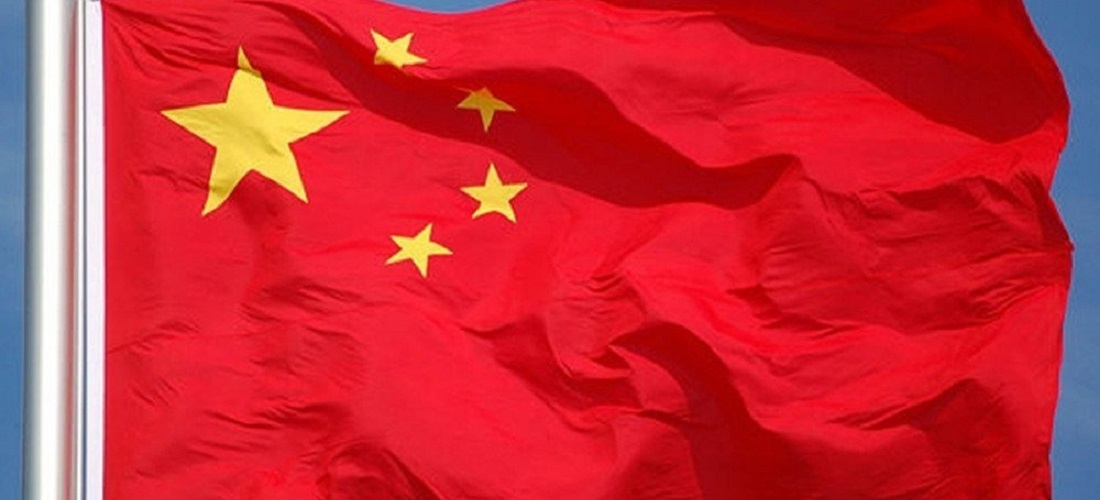
Global impact of China’s food security strategy
Oct, 20, 2022 Posted by Gabriel MalheirosWeek 202242
Chinese state-owned and private companies have been looking at the overseas food supply chain to ensure the country’s food security. “The way China sources its food is of global concern,” Japanese publication Nikkei Asia said in a report.
“China’s food security policy has to do with […] voracious purchases of inputs and food through world markets,” Ignacio Bartesaghi, director of the International Business Institute at the Catholic University of Uruguay, told Diálogo on September 23. “China does not have the capacity to produce the food it consumes.”
For more than a decade now, Beijing has been on a global shopping spree, buying land, grain elevators, and food processing plants around the world as consumption outpaces its agricultural production, constrained by rapid urbanization, Nikkei Asia reported.
The country’s population is so large (1.4 billion) that it needs to import nearly a quarter of the food it consumes, to such an extent that overseas mergers and acquisitions are bound to accelerate because China needs to secure enough food for the future, the Japanese publication reported.
“China hoards more than half of the world’s grain stock and drives up prices,” the Uruguayan agribusiness website Blasina and Associates says online. “Its production of wheat and other inputs, as well as the amount of land used for agriculture, stagnated in 2015.”
China’s grain consumption increased from 125 million tons in 1975 to 420 million tons in 2018. Concerning meat products, in 1975, China consumed 7 million tons of meat. That figure grew to 86.5 million tons in 2018, making it the world’s largest meat consumer, the think tank Center for Strategic International Studies (CSIS) indicated.
China’s soybean imports soared from 2.3 billion in 2000, to 38 billion in 2018. It is also the world’s largest consumer of fish, CSIS pointed out. The Chinese fishing fleet is engaged in illegal, unreported, and unregulated fishing in distant waters, contributing to the severe depletion of fish stocks worldwide, U.S. digital news site ShareAmerica reported.
Food Silk Road
Since 2014, according to Nikkei Asia, Chinese state-owned food processing giant Cofco Group, has been acquiring several multinational grain corporations, and now owns a number of ports, terminals, and storage facilities in major grain-producing regions worldwide to increase its reserves.
State-owned enterprises such as Cofco and ChemChina are entrenching themselves in the global commodity chain. By merging and acquiring agricultural enterprises abroad, China is gaining more and more control over the production process without controlling the land completely, Nikkei Asia reported.
These companies continue to gain an important foothold in regions such as Latin America, where they have become leaders in their industries in Brazil and Argentina. Agricultural projects such as these have been dubbed the Food Silk Road, drawing a parallel to the Belt and Road Initiative and its infrastructure projects worldwide.
Levels of uncertainty
“Faced with this scenario, we are going to see levels of uncertainty for which states have to be prepared for very strong fluctuations or abrupt cuts in supply chains […], affecting those who have the least,” Bartesaghi said. “Producers, importers, exporters, and countries will be affected.”
By 2023, China is projected to have 65 percent of the world’s corn reserves, and 53 percent of the world’s wheat, Nikkei Asia reported. Twenty percent of the world’s population has managed to store more than half of the world’s corn and other grains, Blasina and Associates said.
It would also be the only country that could withstand a global crisis, reported Colombian newspaper La República. China is not only the main destination for certain agri-food products, it is also already a major player in international logistics supply chains in this sector, according to Spanish think tank Real Instituto Elcano.
Protectionism
China, with its protectionism policies, is also contributing to an increase in the prices consumers pay around the world, reported Spanish magazine Cambio 16. “This is a concern that has to do with food security […]. Some countries have begun to protect their domestic demand by blocking exports,” Bartesaghi said.
“States must ensure that the entire population has access to commodities at reasonable prices,” Bartesaghi added. “The World Trade Organization must prevent countries from taking protectionist measures […] and provide greater diversification of food supplies. Latin America is subject to these ups and downs.”
Despite the political backlash, China will continue to invest in agriculture abroad to meet its food needs, Nikkei Asia reported. “We are in a global storm where there is not much clarity,” Bartesaghi concluded.
Source: Dialogo Americas
To read the full original article, please go to: https://dialogo-americas.com/articles/china-ensures-its-food-security-at-the-expense-of-other-countries/?utm_source=rss&utm_medium=rss&utm_campaign=china-ensures-its-food-security-at-the-expense-of-other-countries#.Y1FC0HbMJPY
-
Economy
May, 02, 2023
0
Brazilian trade balance registers USD 8.22 bn in April
-
Shipping
Feb, 29, 2024
0
CMA CGM resumes Red Sea transits
-
Grains
Jan, 28, 2019
0
Brazil’s corn and soybean exports rise in January
-
Dec, 03, 2021
0
Company calls TCU to contest BTP lease extension due to government inspection omission


